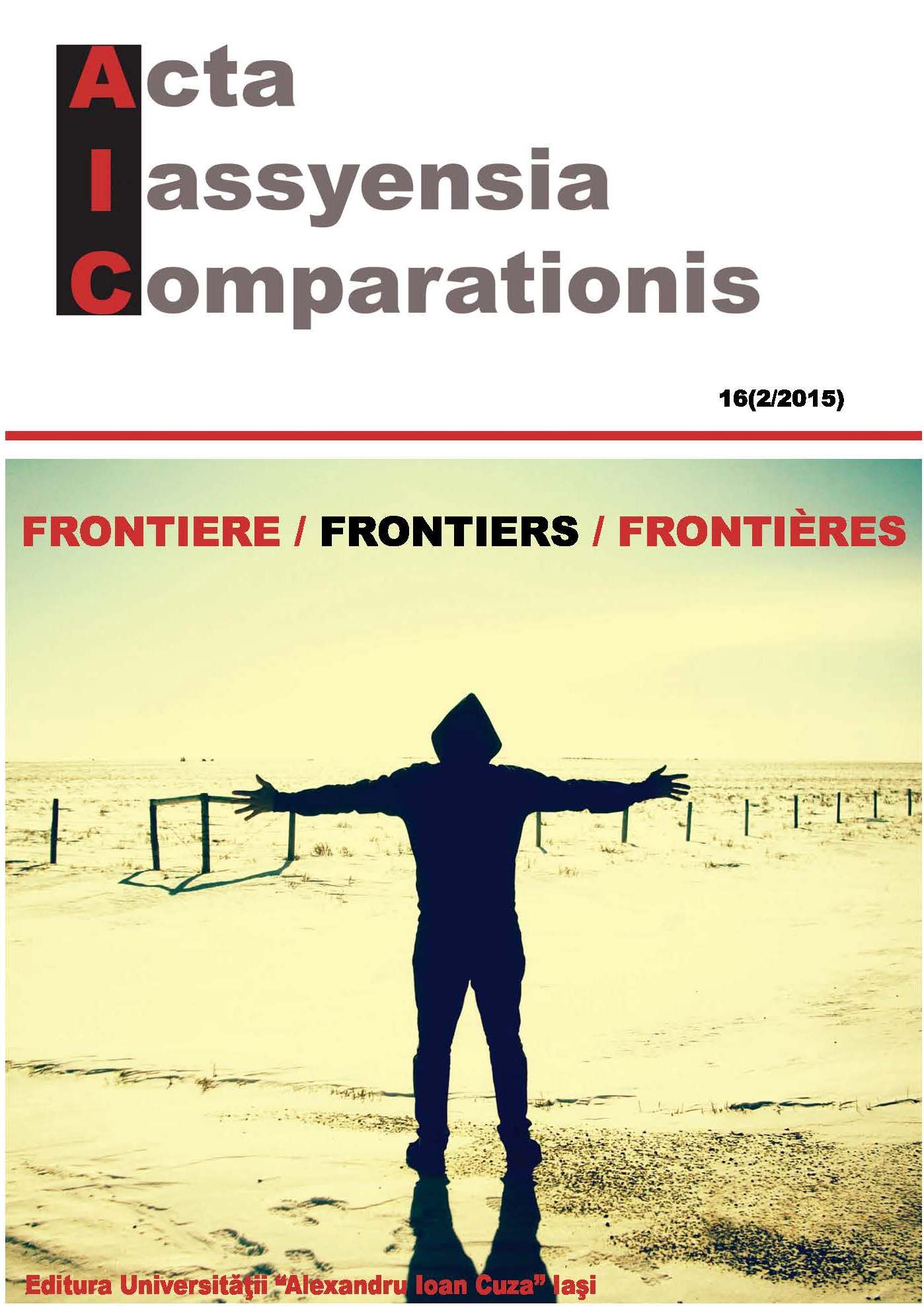Something There Is That Doesn’t Love… Frontiers
Something There Is That Doesn’t Love… Frontiers
Author(s): Dragoș AvădaneiSubject(s): Cultural history, Studies of Literature
Published by: Editura Universităţii »Alexandru Ioan Cuza« din Iaşi
Keywords: frontier; challenge; metaphor; empire; exceptionalism; Manifest Destiny;
Summary/Abstract: The “frontier” concept has been one that humans have struggled with from, probably, the very beginnings of history – not only as a line of separation between tribes, ethnic groups, nations and countries, but also as a cognitive existential limit (see below a poet’s well-known commentary on the role of limits in communal, social existence); other walls – better known than Frost’s –, like the Great Wall of China, Hadrian’s Wall, the Trojan Wall…, or the Berlin Wall for that matter, are challenging examples of man’s need to wall certain things out and other things in. The more than 4,300 years history of the world’s empires may be the first proof that man has never loved frontiers. More specifically, our paper focuses on the American frontier metaphor, which was introduced by historian Frederick Jackson Turner in his 1893 academic paper “The Significance of the Frontier in American History”, and elaborated in his 1921 volume The Frontier in American History. This concept – a metaphor and a challenge, or both – is then viewed in the context of American imperialism, American exceptionalism, the theory of Manifest Destiny, and the New Frontier/s of the 20th and 21st centuries, the so-called open frontier – the genius of American nationality – becoming an authentic key to past, present, and future American history.
Journal: Acta Iassyensia Comparationis
- Issue Year: 2/2015
- Issue No: 16
- Page Range: 29-37
- Page Count: 9
- Language: English

